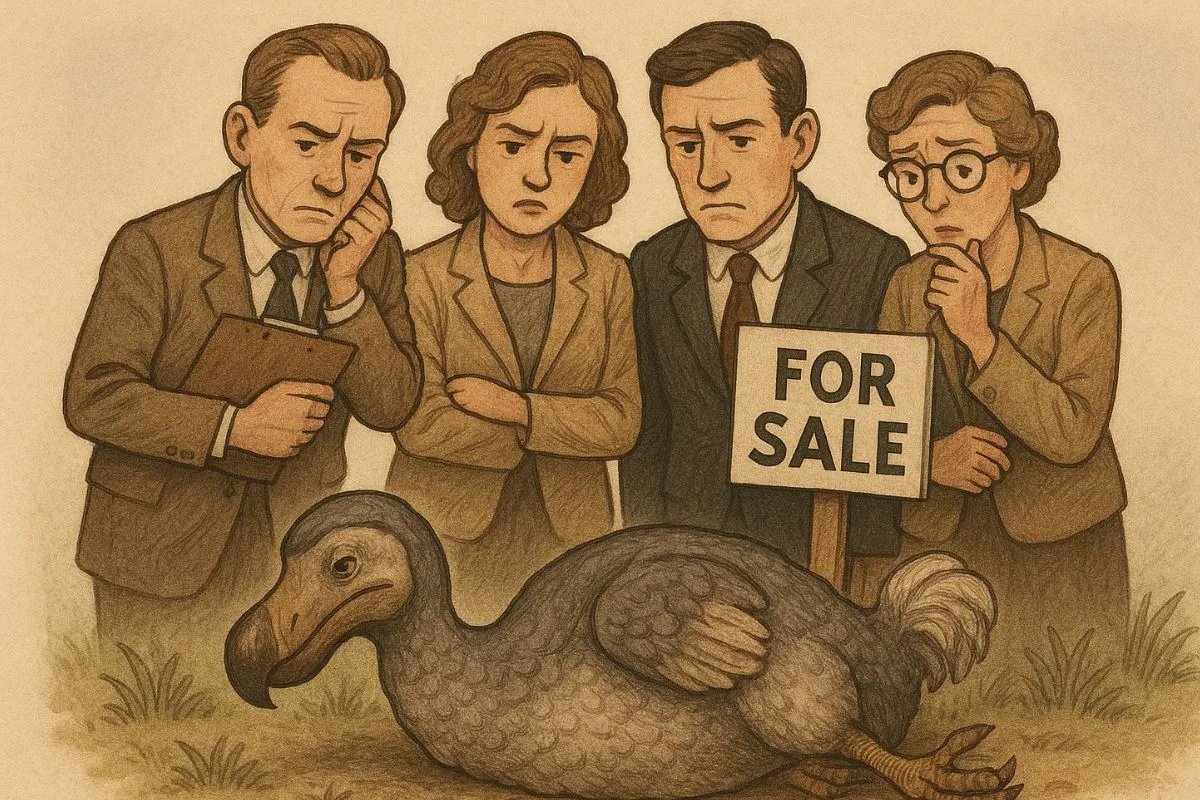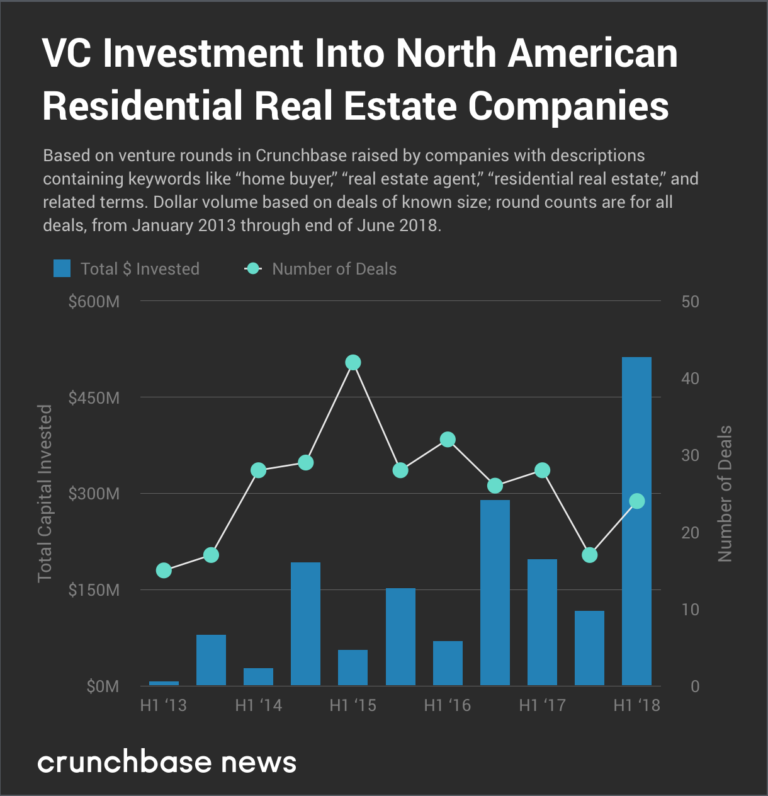
Are real estate brokerages dying? That’s the question haunting many in the property industry as the digital age accelerates. Over the last decade, the real estate landscape has experienced a dramatic transformation, sparking debates over whether traditional brokerages are becoming obsolete.
With proptech platforms, virtual tours, and AI-driven tools taking center stage, the role of the human agent has been questioned more than ever. Let’s explore the seven major shifts that suggest real estate brokerages may indeed be going the way of the dodo.

Companies like Zillow, Redfin, and Opendoor have introduced tools that let consumers buy and sell homes without needing traditional brokers. These platforms offer automated valuations, property history, and digital contract signing—all from a phone or laptop.
As these platforms grow more sophisticated, buyers and sellers are skipping brokers, putting pressure on real estate offices to redefine their value.
Traditionally, agents and brokerages earned 5-6% commission per deal. But now, with increased competition and tech-enabled transactions, commissions have dropped significantly in many markets.
Buyers are more informed than ever, and they’re demanding lower fees. This commission compression leaves brokerages with thinner margins and growing financial strain—especially smaller firms with large overheads.
AI is streamlining many parts of the home buying process. From chatbots handling inquiries to algorithms predicting home prices and preferences, artificial intelligence is slowly eating into tasks previously handled by brokers.
Even virtual reality is now offering 3D walkthroughs, allowing buyers to “tour” homes remotely. The efficiency and scalability of tech are making traditional roles look increasingly outdated.
Millennials and Gen Z now dominate the real estate market. These digital-native generations prioritize speed, transparency, and self-service options.
They’re more likely to trust an app than a broker and tend to prefer platforms that allow them to schedule viewings, compare prices, and make offers—without waiting on human intermediaries.
The traditional brokerage model, which relies on personal relationships and face-to-face interaction, is often seen as slow and outdated by younger consumers.
Many agents are leaving full-service brokerages to work as independent contractors or join online brokerages like eXp Realty or Real. These platforms offer higher commission splits, cloud-based training, and reduced costs.
This movement decentralizes the traditional office-based brokerage structure, further eroding the classic model. It’s like what Uber did to the taxi industry—individual agents now operate with more freedom, and often, better tech.
COVID-19 forced rapid adaptation. Remote closings, digital inspections, and virtual meetings became the norm. Many of the temporary measures introduced during lockdowns have now become permanent.
Consumers and professionals alike have realized they don’t need a brick-and-mortar brokerage to close a deal. This shift in mindset continues to challenge the relevance of traditional offices.
From subscription-based models to flat-fee listings, the real estate business is diversifying. Innovative startups are experimenting with new structures that don’t rely on outdated commission schemes.
This flexibility appeals to consumers and agents alike, further diminishing the dominance of traditional brokerages. In many cases, these new models provide more transparency and cost efficiency—values that modern buyers increasingly demand.
While the evidence is strong, it’s premature to write the obituary for real estate brokerages. Many are adapting by:
Real estate is still a relationship-driven business, and in complex or high-stakes deals, the human touch matters. Trust, negotiation skill, and emotional intelligence are hard to replicate with an app.

The future likely holds a blend of digital efficiency and personal expertise. Real estate brokerages that survive will be those that:
Rather than dying, brokerages may evolve into consultancy-style firms, providing in-depth market analysis and customized strategies for high-value clients.
So, are real estate brokerages dying? The answer is not black and white. The traditional model is certainly under threat, but that doesn’t mean it’s over.
Adaptation will be the deciding factor. Brokerages that cling to outdated methods may fade away, but those that innovate, digitize, and personalize their services will still have a vital role in the future of real estate.
The next five years will be critical. One thing is certain: standing still is no longer an option.
Also Read – Grant Cardone Bitcoin in Real Estate: 5 Game-Changing Benefits Explained
